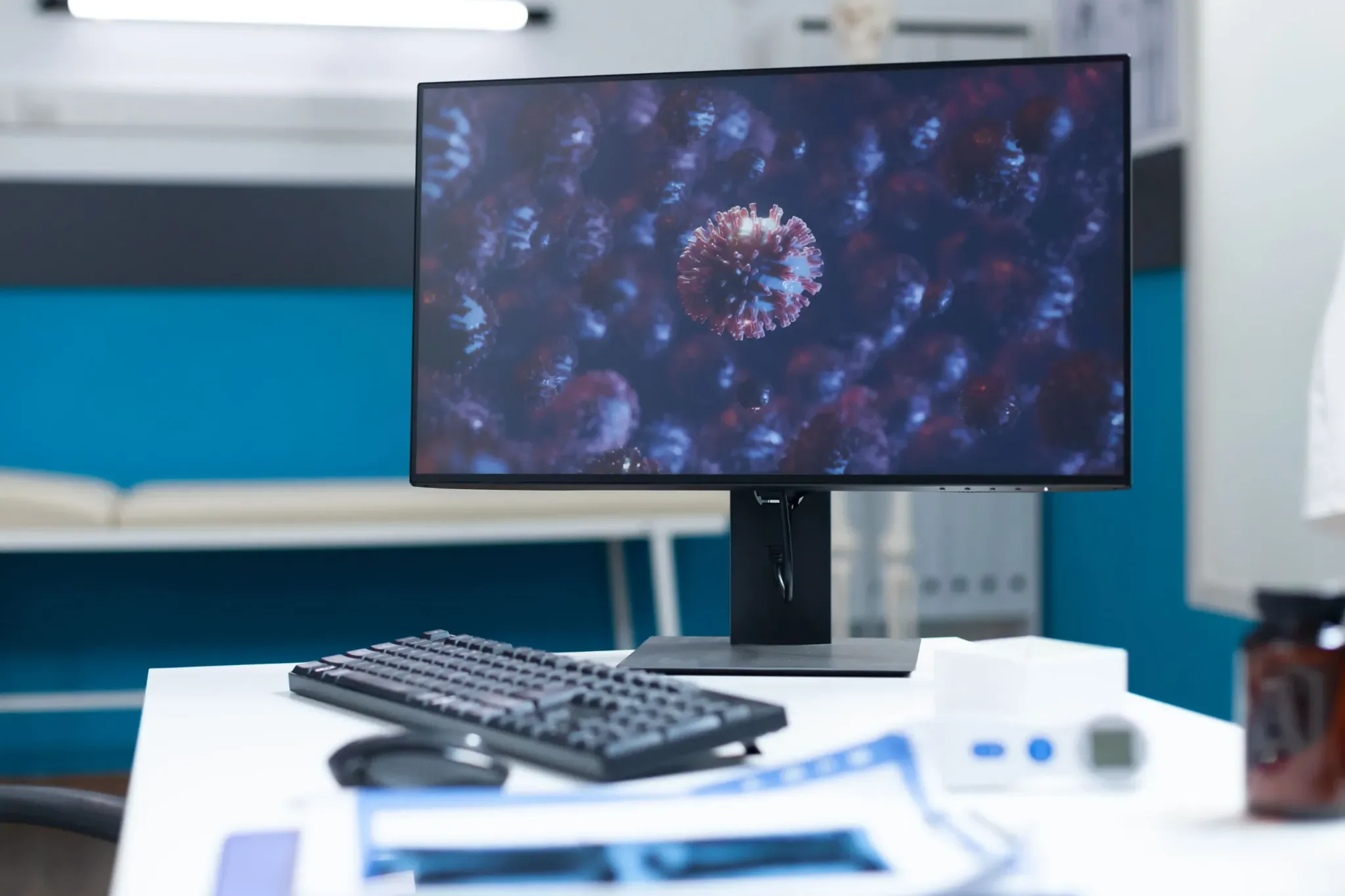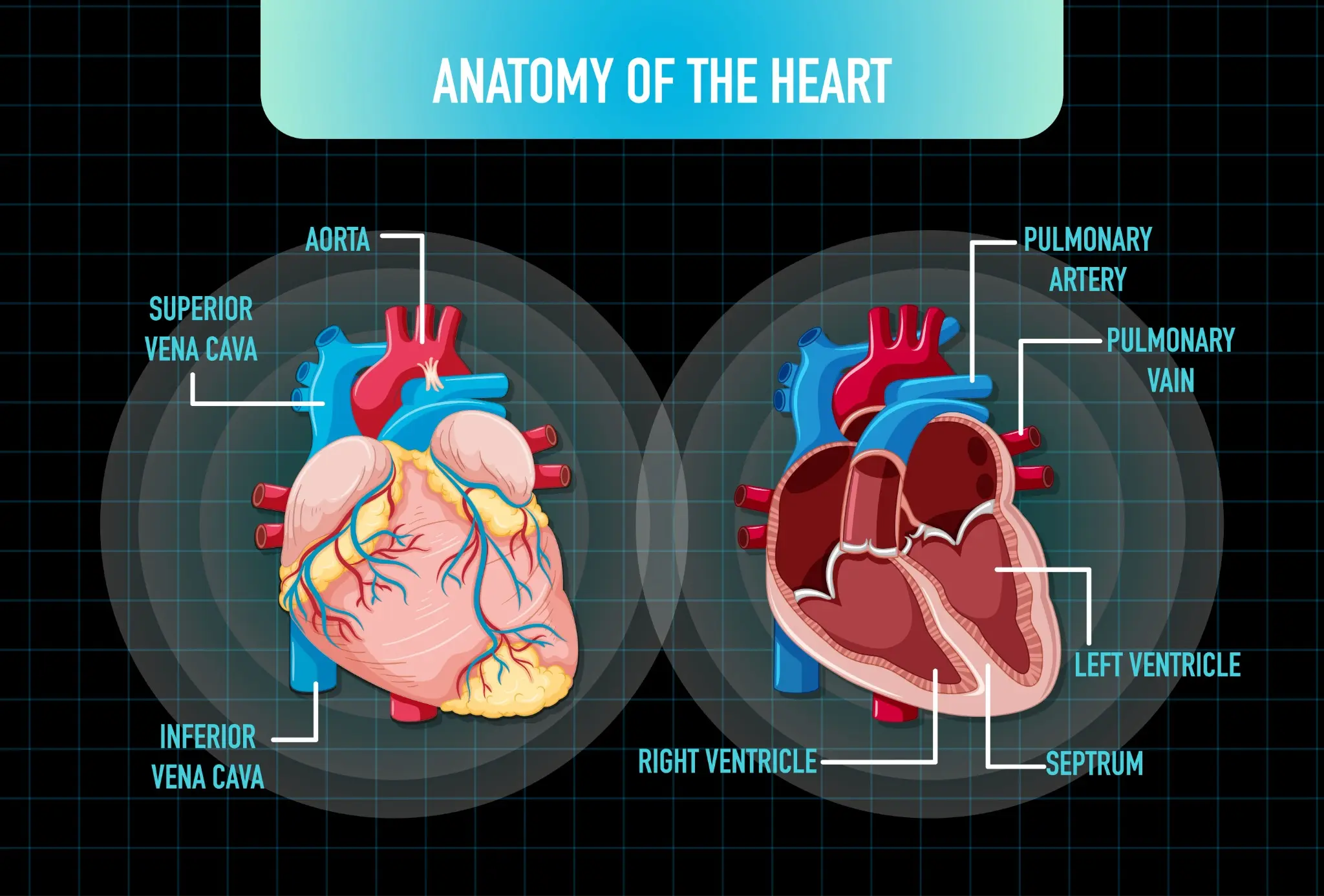Allergy Panel - Vegetarian + Non-Vegetarian Food
Allergy Panel Food Test Overview
The allergy panel food test is a diagnostic tool that helps identify specific food allergies by measuring the levels of antibodies produced by the body in response to various food proteins. This blood test typically assesses Immunoglobulin E (IgE) or Immunoglobulin G (IgG) antibodies, which are involved in allergic reactions and food intolerances, respectively. The test aids in determining whether an individual has an allergic reaction to certain foods, providing valuable information for the management and treatment of food allergies.
By identifying the specific foods that trigger an immune response, the allergy panel food test enables healthcare professionals to develop personalised dietary plans and strategies to prevent severe allergic reactions, such as anaphylaxis. This test is particularly useful for individuals experiencing symptoms like hives, swelling, abdominal pain, nausea, vomiting, diarrhoea, and difficulty breathing, which may be indicative of a food allergy.
An allergy is a hypersensitivity disorder of the immune system that causes undesirable reactions to certain substances like food, dust, pollen, drugs or even animal dander. These reactions normally do not occur in others. The substance causing the reaction is an allergen. Immunoglobin E is an antibody that the body produces in case of an allergic reaction. The total IgE test is a blood test used to measure the complete IgE levels in the blood, but it does not indicate what the specific allergen causing the reaction. .
The Allergy-Vegetarian + Nonvegetarian Panel is a comprehensive diagnostic test designed to identify specific food allergies by measuring IgE antibodies against 22 common allergens from both vegetarian (e.g., egg white, wheat, peanut, soybean, cow milk, egg yolk, pineapple, lemon, rice, lentil, olive, tomato, garlic, onion) and nonvegetarian sources (e.g., chicken, beef, pork, cod fish, shrimp, tuna, salmon, blue mussel). This test helps diagnose food allergies to manage symptoms, guide dietary choices, improve quality of life, and prevent severe allergic reactions. It provides accurate results with a faster turnaround time, facilitating timely and effective allergy management.
Reasons for Undergoing the Allergy Panel Food Test
There are several reasons why an individual may need to undergo an allergy panel food test:
- Identifying the cause of symptoms such as hives, swelling, abdominal pain, nausea, vomiting, diarrhoea, and difficulty breathing, which may be indicative of a food allergy
- Diagnosing food allergies in individuals who have experienced adverse reactions to specific foods
- Helping in the management and treatment of food allergies by pinpointing the exact allergenic foods
- Assisting in the prevention of severe allergic reactions, such as anaphylaxis
List of Parameters Considered During the Allergy Panel Food Test
The allergy panel food test measures specific antibodies produced by the body in response to various food proteins:
- Immunoglobulin E (IgE) antibodies: These are the primary antibodies involved in allergic reactions. High levels of IgE antibodies against specific food proteins indicate an allergy to those foods.
- Immunoglobulin G (IgG) antibodies: While IgG antibodies are also measured in some tests, they are more commonly associated with food intolerances rather than allergies. An increase in IgG levels for a certain food suggests intolerance to that food.
Allergy Panel Food Test Preparation
Preparing for the allergy panel food test involves the following steps:
- Avoid taking medications that contain antihistamines for at least 7 days prior to the test.
- There is no need for fasting, but it is advisable to avoid eating foods to which you have previously reacted. Having something in your stomach before the test can be beneficial.
- Avoid overexposure to the sun to prevent sunburn, which could make the test uncomfortable and difficult to interpret.
Allergy Panel Food Test Results & Interpretation
The results of the allergy panel food test indicate the presence and level of IgE or IgG antibodies against specific foods:
- Positive Result: High levels of IgE or IgG antibodies indicate an allergy or intolerance to the specific food. For example, values between 0.70 and 3.49 may indicate intolerance, while higher values suggest a stronger reaction.
- Negative Result: Low levels of antibodies (e.g., values under 0.35) suggest that the individual is unlikely to be allergic or intolerant to the tested food.
- Interpretation: The results of the allergy panel food test should be interpreted by an allergist or healthcare professional who can explain the significance of the findings and recommend appropriate dietary changes or treatment.
Home Collection for Allergy Panel Food Test
Metropolis Healthcare offers a convenient home collection service for the allergy panel food test, ensuring comfort and safety for patients. A trained phlebotomist will visit your doorstep to collect the blood sample, maintaining high standards of sample handling and testing accuracy. This service ensures that you receive timely and reliable results without compromising on the quality of the diagnostic solution.
By opting for Metropolis Healthcare's home collection option, you can benefit from their commitment to making healthcare accessible and their drive to provide quality diagnostic solutions conveniently at home.
Allergy Panel - Vegetarian + Non-Vegetarian Food Price
Metropolis Healthcare is a leading diagnostics centre and pathology lab in India equipped with the latest state-of-the-art technologies that provides the Allergy Panel - Vegetarian + Non-Vegetarian Food with a clear pricing structure.
The Allergy Panel - Vegetarian + Non-Vegetarian Food Price in Mumbai is ₹ 17,100 .
We are committed to deliver accurate and quality results from the best labs in India with complete transparency regarding test cost and turnaround time. No matter where you are, we strive to offer patients high-quality service that is affordable and accessible.
Frequently Asked Questions
Allergy Food Panel is done in suspected allergies due to certain vegetarian and non-vegetarian food ingredients commonly used for cooking to determine the exact source causing it (allergen).
Allergy panel test measures the IgE-mediated response to 22 common vegetarian and non-vegetarian food ingredients used for cooking. These include egg white, wheat, peanut, soya bean, cow milk, chicken meat, beef, pork, egg yolk, cod fish, shrimp, tuna, salmon, blue mussel, pineapple, lemon, rice, lentil, olive, tomato, garlic, and onion. Total IgE levels are also measured.
Allergy panel test requires a blood sample post exposure to the allergens. A tourniquet (elastic) band is placed tightly on the upper arm. The patient is then asked to make a fist. This helps in the build-up of blood filling the veins. The skin is disinfected before needle insertion and the blood sample is collected in vacutainer.
A positive result to an allergen indicates that the person is allergic to it. Increased allergen-specific IgE levels further confirm that. Very often the test may be positive for more than one allergen as well. Negative results may require other tests for differential diagnosis.
People who show unexplainable symptoms of stomach pain, diarrhoea, vomiting or skin rash after eating vegetarian or non-vegetarian food should get tested for an allergy-vegetarian+ non-vegetarian panel test.
There are no specific preparations required for the test. However, it is recommended that you consult with your healthcare provider before taking the test, as they may have specific instructions or recommendations based on your individual medical history and current health status.
People with the following symptoms should do the allergy-vegetarian+ non-vegetarian panel test:
- Mild rashes
- Face swelling
- Digestive problems
- Swallowing problem
- Chest hives
- Swollen airways
- Dermatitis/ skin rashes
- Stomach pain
- Itching
- Coughing
- Bloody stool
- Vomiting
- Diarrhoea
- Anaphylaxis attack
- Veg Non-veg Allergy Test
- Allergy Panel Food Test
- Food Allergy Gastrointestinal Panel
- Food Allergy Vegetarian Non-vegetarian Panel
The allergy panel food test is a diagnostic blood test that measures your body's immune response to various food proteins. It helps identify specific food allergies by detecting antibodies like Immunoglobulin E (IgE) or Immunoglobulin G (IgG) produced against certain food allergens.
The allergy panel food test typically includes tests for antibodies against common allergenic foods such as milk, wheat, rice, peanut, soybean, tomato, banana, chickpea, lentil, and eggplant/brinjal.
Home sample collection is available for the allergy panel food test in labs like Metropolis Healthcare. While the test requires precise handling and transportation of the blood sample for accurate results, these labs offer home collection services, ensuring the sample is properly handled and delivered to the laboratory for testing.
Normal levels indicate low antibody levels, typically below 0.35 for IgG tests. Values between 0.35 and 0.69 may suggest doubtful intolerance, while values between 0.70 and 3.49 show intolerance to the specific food. Higher values indicate a stronger allergic reaction.
The allergy panel food test is used to diagnose and manage food allergies by identifying the specific foods that trigger allergic reactions. It also helps to determine the cause of symptoms like hives, swelling, abdominal pain, nausea, vomiting, diarrhoea, and difficulty breathing.
The frequency of testing depends on your individual health needs and the presence of new symptoms. It is typically recommended when symptoms suggestive of a food allergy arise or when monitoring the effectiveness of treatment.
The allergy panel food test can be done at any time.
No, fasting is not required for the allergy panel food test.
Avoid taking antihistamines for at least 7 days prior to the test and avoid overexposure to the sun.
The allergy panel food test measures IgE or IgG antibodies against various food proteins. Common parameters include antibodies against milk, wheat, rice, peanuts, soybean, tomato, banana, chickpea, lentil, and eggplant/brinjal. The specific parameters may vary depending on the panel selected.
The allergy panel food test should be done when symptoms suggestive of a food allergy are present. These may include hives, swelling, abdominal pain, nausea, vomiting, diarrhoea, or difficulty breathing. Your healthcare provider may recommend the test for diagnosing or managing food allergies.
The actual blood draw process for the allergy panel food test is quick, usually taking only a few minutes.
Reports for the allergy panel food test are typically available within 24 hours based on the day/time after the sample is collected and processed. However, the exact turnaround time may vary depending on the healthcare facility and the specific panel of tests ordered.
Ratings & Reviews (0)
Why Metropolis?
Metropolis has a team of 200 senior pathologists and over 2000 technicians delivering diagnostic solutions in the areas of routine, semi specialty and super specialty domains like Oncology, Neurology, Gynaecology, Nephrology and many more.
We offer a comprehensive range of 4000+ clinical laboratory tests and profiles, which are used for prediction, early detection, diagnostic screening, confirmation and/or monitoring of the disease.





















 WhatsApp
WhatsApp